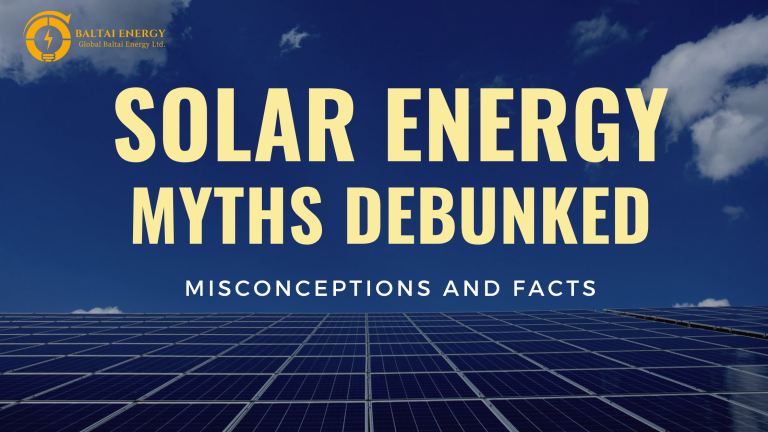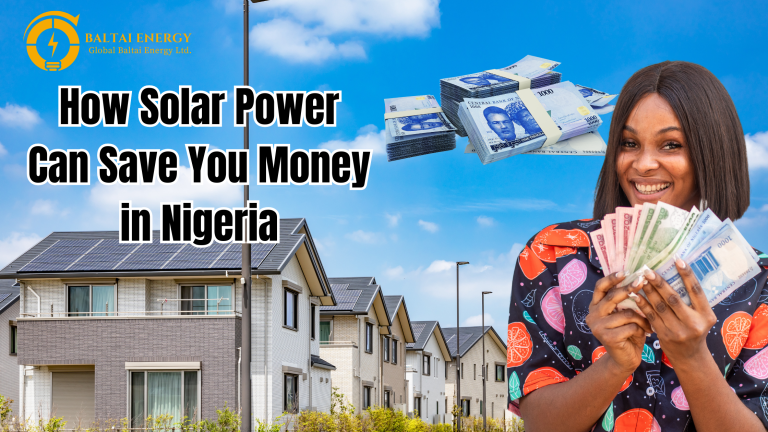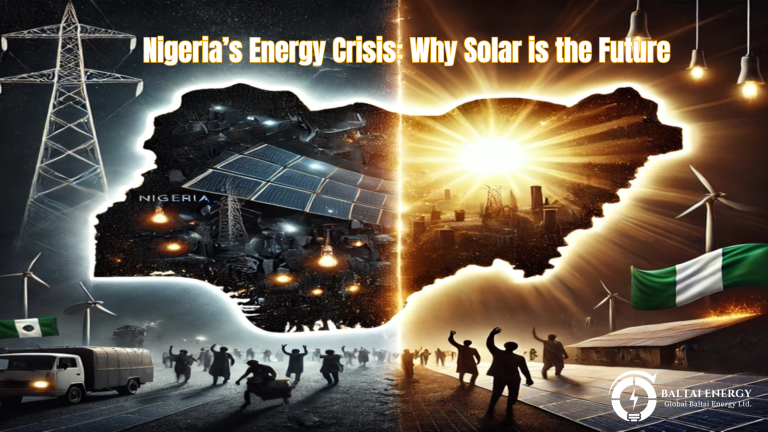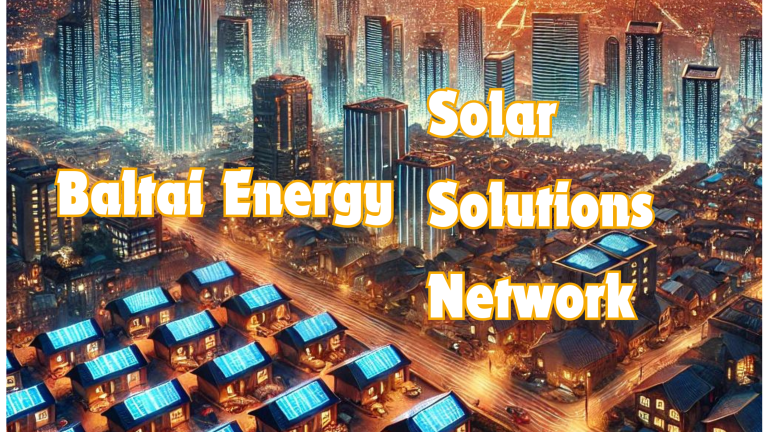Frequently Asked Question
Yes, solar power will save you money. Solar energy is a long-term investment, and it works like prepaying your electricity costs all upfront and then reaping the benefits for years to come.
Solar power pricing has been on a steady decline for the last few years. However, most experts agree that the decreasing prices are on hold for now.
Solar power can be stored in batteries. This is done in systems that are grid-tied with battery backups and in off-grid solar systems.
Yes, one of the common misconceptions about solar power is that you run only certain items with the power that is produced. While this may be the case with off-grid systems, grid-tied systems do not provide power to specific devices. Instead, it simply provides a percentage of the electricity that your entire house uses.
Solar power has grown massively in popularity in recent years, but it still has a long way to go before the majority of people are familiar with it. Some of the advantages of solar power are avoiding rising utility rates, tax benefits, helping the environment and independence.
Solar panels save money by reducing electricity costs, avoiding future price increases and potentially increasing property value.
Yes, solar panels can power your entire house, and they can even produce excess energy that can be sold back to the grid. Factories and Cities can be powered with Solar Energy.
Solar panels can last for 25 years or more.
Solar panels are worth it for many people due to their financial and environmental benefits. However, the cost of solar panels and their effectiveness vary by location and other factors.
Yes, retired solar panels can be recycled to reduce electronic waste and recover valuable materials.
Solar batteries can be divided into six categories based on their chemical composition: Lithium-ion, lithium iron phosphate (LFP), lead-acid, flow, saltwater, and nickel-cadmium.
Solar batteries store electrical energy generated by photovoltaic panels. When solar panels generate more electricity than the electrical system demands, the excess is used to charge the batteries. Batteries transform the electrical energy they receive from photovoltaic modules into chemical energy.
The useful life of a battery for solar installations is usually around ten years. However, their useful life plummets if frequent deep discharges (> 50%) are made. Therefore, it is advisable to install enough capacity so that 50% of the discharge is not exceeded.
Lithium-ion
Solar inverters convert DC power input and turn it into AC power. They also act as the primary connection between the panels and the electrical distribution panel in the house.
A solar inverter is essential for your solar panel system to convert DC electricity into AC electricity for everyday use. The process begins with sunlight striking the photovoltaic cells of solar panels, creating a flow of DC electricity. However, since most homes and electrical grids use AC electricity, the DC electricity generated by solar panels needs to be converted. This is where the solar inverter steps in. Its main task is to convert the DC electricity into AC electricity with the appropriate voltage, frequency and phase, making it suitable for powering household appliances and feeding excess energy into the electrical grid.
We Customer Says

“According to the council of supply chain professionals the council of logistics management logistics is the process of planning, implementing and controlling procedures”

Andrew D. Smith
Manager
“According to the council of supply chain professionals the council of logistics management logistics is the process of planning, implementing and controlling procedures”

Steven Mars D.
Manager
“According to the council of supply chain professionals the council of logistics management logistics is the process of planning, implementing and controlling procedures”





